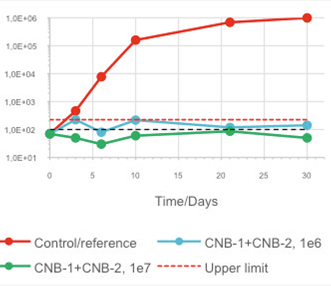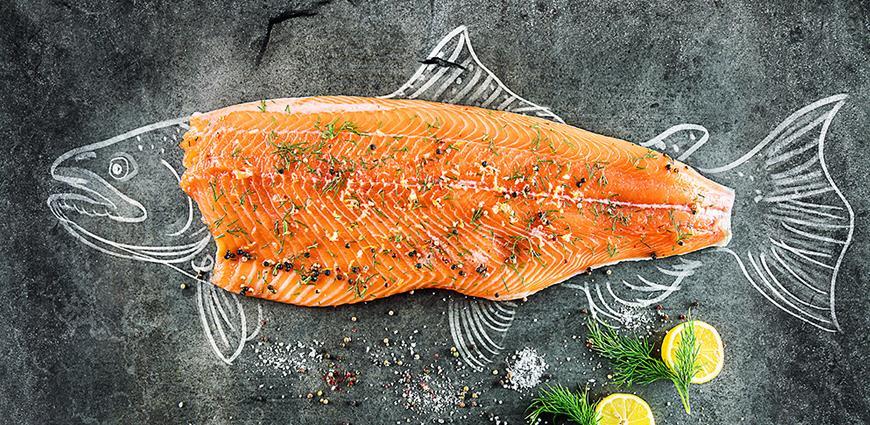Fermentation is one of the oldest methods used for processing food. A real method of conservation, safe and without counter indication.
For thousands of years microorganisms, which are traditionally used for fermentation processes, have been used for producing cheese, yoghurt, bread, beer, wine, and vinegar. Very often they are employed even for processing fish, meat, and vegetables. The biological fermentation process ensures higher nutritional and organoleptic properties of foodstuff (flavour, appearance, odour and texture), while slowing down natural food deterioration. Furthermore, it controls the development of undesired microorganisms and inhibits bacterial growth, enhancing safety.
Microbial food cultures. Protective cultures have mainly a technological function in food manufacturing and help to improve food safety and hygiene; however they should not replace good manufacturing practices, appropriate physical treatments, and cold chain maintenance, which ensure high food safety standards. The term “protective cultures” refers to microbial food cultures (MFC) that develop a metabolic activity. They contribute to inhibit and/or control bacterial growth in food products (e.g. pathogenic bacteria or fungitoxic fungi and altering microbial species). This property is based on the active metabolism (fundamental pre-condition) of protective cultures; their action is developed through a complex system of competition for nutrients or acidification, or by production of antimicrobial metabolites, as for instance organic acids for lactic bacteria, alcohol for certain types of yeast (wine, kefir, cyder), and bacteria (bacteriocins). According to the German Research Foundation (Vogel et al., 2011), “protective cultures are active micro-organisms (concentrated individual or combined cultures) added to food in order to reduce the risk of pathogenic or toxigenic micro-organisms.

100% natural food. Without additives, without preservatives, 100% natural: these are the most widespread trends that guide consumers in their food choices. Nowadays safety, shelf-life and standard high-quality are more important than ever before. To this purpose Sacco offers 4Protection line, a wide range of protective cultures isolated over more than 20 years, to be used to inhibit product deterioration while enhancing quality and protecting the brand image. Many of the used strains selected from probiotic microorganisms, showed their effectiveness through specific studies, microbiological tests and sensory analysis. Since 1998 Sacco has been selecting protective cultures that inhibit undesired micro-organisms for use in different food products, especially for milk, cheese, meat, and fish. Thanks to 4Protection, food can reach the end of its shelf-life maintaining its structure and sensory properties, as well as its freshness, taste, flavour, smell and texture. These protective cultures preserve the product from spoiling alteration, inhibiting in a completely natural way the growth of undesired organisms and maintaining a “clean label” product. Selected 4Protection cultures do not acidify, do not alter the organoleptic properties of foodstuff, and perfectly adjust to cold temperatures natural guard to keep the product identity. The various applications available are devised according to the specifications of the technological process, and to the performance of the final product, optimized by Sacco thanks to the expertise of its technologists. The cultures, compatible with and complementary to all Sacco ferments, can be used for direct inoculation or surface treatment. The lines devoted to the protection of milk and dairy products are: Anti Yeast and Mould AYM; Anti Listeria monocytogenes AL; Anti Clostridia AC; Anti Other Spoilage Microorganisms AOSM. These are complemented by those for the protection of fish and meat.




